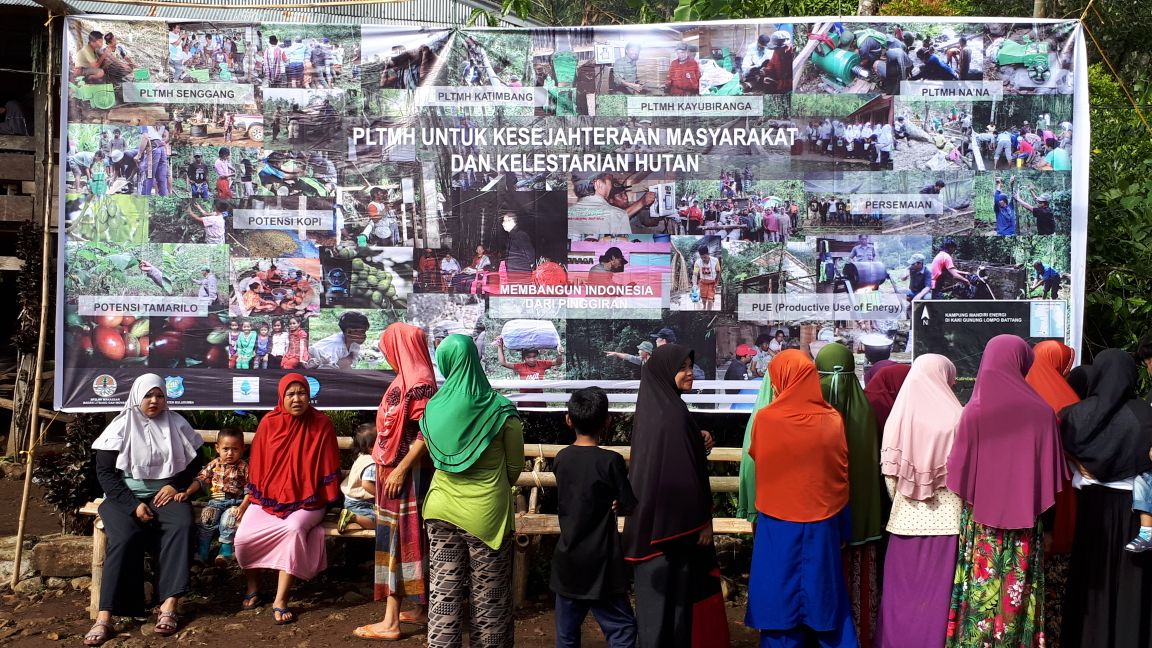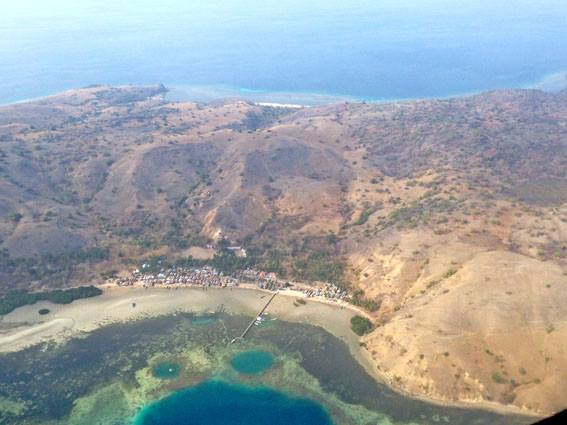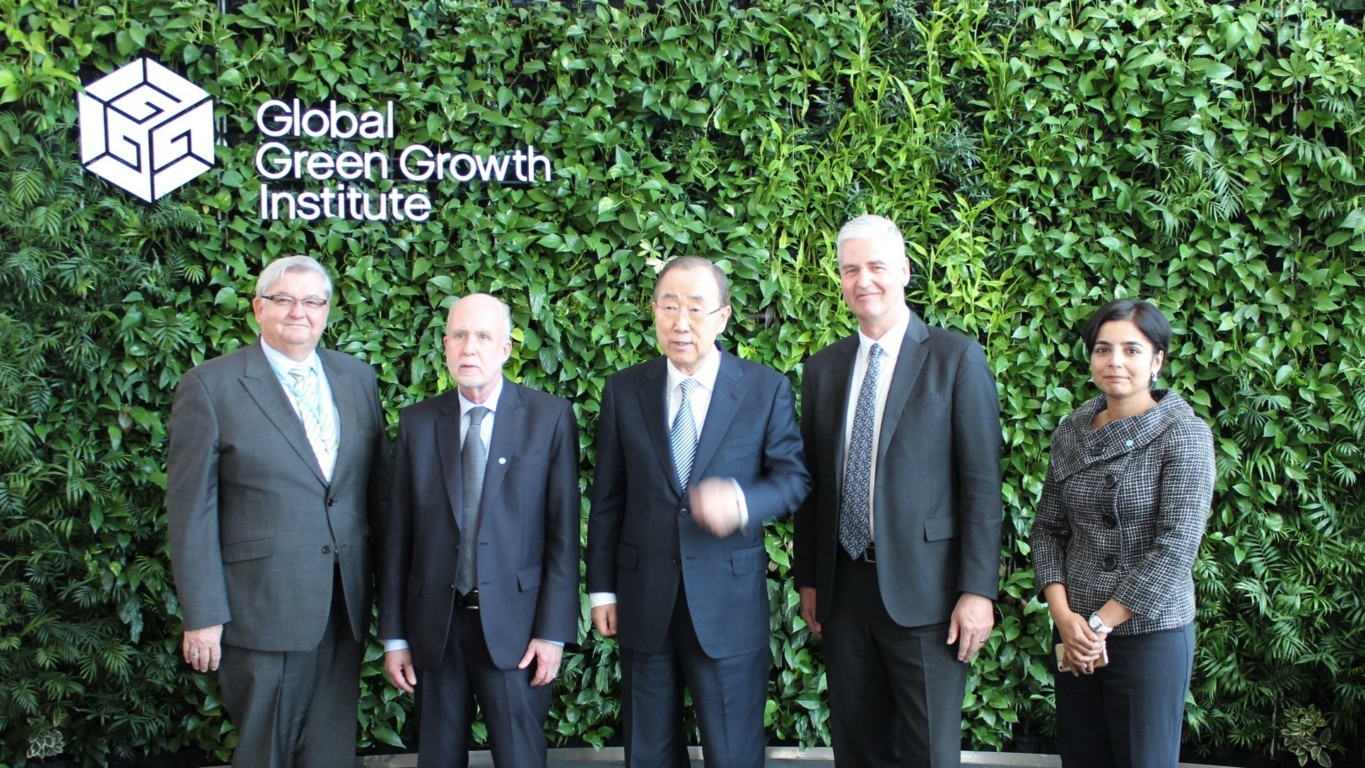Getting to Know More about eCBA
A workshop on understanding green growth concept and introducing eCBA tools for technical staff of Bappeda Balikpapan has been conducted on August 4.
Various agencies in implementing the urban development plan in Balikpapan have sent staff to the training. The workshop was attended by 16 persons from across agencies, including an adjunct institution on forest protection and environment education center and academia.
This workshop is a follow up of phase 1 activities where GGGI started to scope out the public transportation plan at Balikpapan. The aim of the workshop is to shape and strengthen the systematic thinking of the technical staff at Balikpapan using GGAP and eCBA tools in their daily duties. The stakeholders at Balikpapan understand that project selection should be defined in an integrated and sustainable way.
GGGI gave an overview on the principles of sustainable development and its connection with green growth. Planners should prioritize green growth outcomes of a project by using the green growth assessment process to analyze district and sector plan; develop an understanding of the importance of green growth indicators; and how to integrate green growth within regional development plans.
The session of designing an Impact Pathway (IPW) has attracted the most interest among participants. Participants split in two groups to design IPWs related to the use of solid waste at Kariangau Indusrial Zone and the development of a coastal road. This exercise provided an excellent opportunity to start thinking about systematically assessing potential green growth outcomes of these current/ongoing projects and find options to redesign them.
Another session that attracted a lot of interest was the valuation of natural capital. The GGGI team provided guidance on how to define the economic value and financial value as starting point before using eCBA tool. As the exercise, the participants split into groups and discuss how to apply the total economic vale framework to a selected project.
The response to the workshop was positive, as evidenced by the submitted feedback/evaluation forms. Most of participants gave a positive response. All 16 participants responded positively (i.e. either ‘good’ or ‘excellent’) in regard to (i) the usefulness of the training material in helping to understand the substance and material of the workshop (ii) enabling participants to apply eCBA tools in managing projects (iii) usefulness of the training in supporting participants’ work (iv) the quality of the delivery (presentation) of the training material (v) requirement of additional training.
Participants suggested that future training should be more applied to the sector; use more case studies; allocate more time to provide in-depth presentation of the material; develop case study material relevant for on big urban project in Balikpapan (Industrial Zone Kariangau or development of coastal road); select participants more carefully to adjust training with specific needs of agencies.




